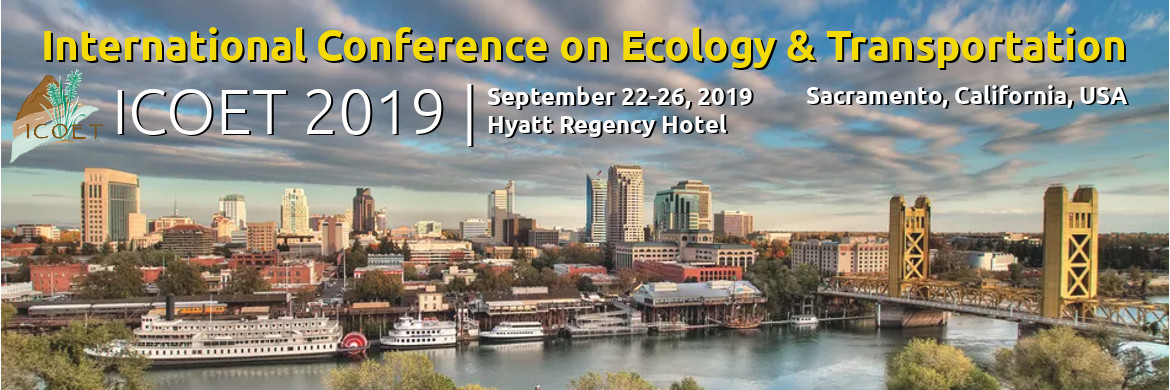Linear Infrastructure (LI) is a major cause of fragmentation of natural ecosystems and biodiversity decline worldwide. The demand for LI as roads, railways, waterways, power lines and pipelines increases globally, while the loss of biodiversity accelerates, converging as conflict between economic development and nature conservation.. Addressing these conflicts is more relevant for developing countries which have richer biodiversity and valuable indigenous heritage while facing an intense pressure and demand for economic development.
Loss of vital natural capital and habitats is inevitable and impacts can extend for kilometres on either side of the LI structures. In developed countries a dense network of infrastructure and a very strained biodiversity asks for an extensive and comprehensive ecological mitigation of the existing LI. In order to achieve the Aichi Biodiversity Target 5: "By 2020, the rate of loss of all natural habitats and degradation and fragmentation is significantly reduced", lessening habitat loss, fragmentation and degradation has become a stringent demand and a challenge to be tackled worldwide. At the same time, mainstreaming biodiversity in energy, mining and infrastructure development, has been a major goal in the framework of the CBD to achieve Aichi Biodiversity Targets.
Our topic builds on cooperation about International Guidance for Ecologically-Friendly Linear Infrastructure (IGELI) that began at ICOET2015 and built momentum at ICOET2017 as a loose coalition of colleagues from all over the world. For the first time, it joined the work of IENE, ANET, ICOET and ACLIE, in cooperation with the IUCN. At this workshop, we will summarise the feedback received at the 14th COP (Egypt, Nov 2018) as well as during our ACLIE dedicated workshop (Mar 2019).
Establishing an international working group after ACLIE 2019, we move towards the CBD2020 COP 15 in Beijing working on the development of an international strategy to engage different stakeholders on mainstreaming biodiversity on sustainable development of LI by integrating the environmental, social and economic components. Launching proactive policies, establishing appropriate legal frameworks, supporting better planning, promoting multi-sector cooperation and encouraging innovative science based solutions on resilient LI addressed in the Strategy.
During the workshop we will present the basic parts of the Strategy as:
a) The aims, the principles and an overall framework of crucial groups that must be involved as key stakeholders.
b) An outlined action plan that includes, state of the art, actions, time, budgeting and a resources plan.
The feedback of the participants will be incorporated in the final deliverable of the Strategy. Additionally a platform for a further global cooperation on ecology and LI will be discussed towards establishing an over-continental conference among the existing networks and organizations (IENE, ICOET, ANET, ACLIE and Road ecology Brazil, IUCN, WWF).
Wendy Collinson, Endangered Wildlife Trust
Carmel
